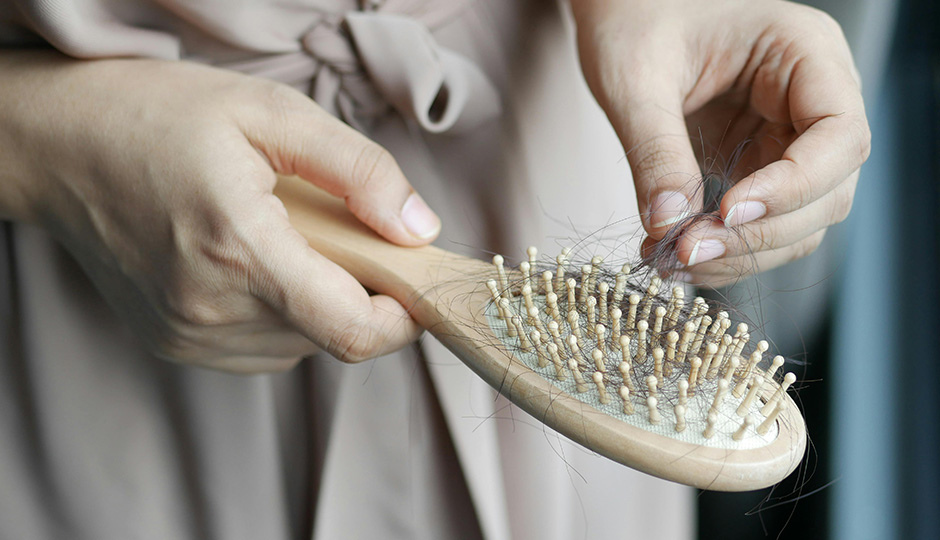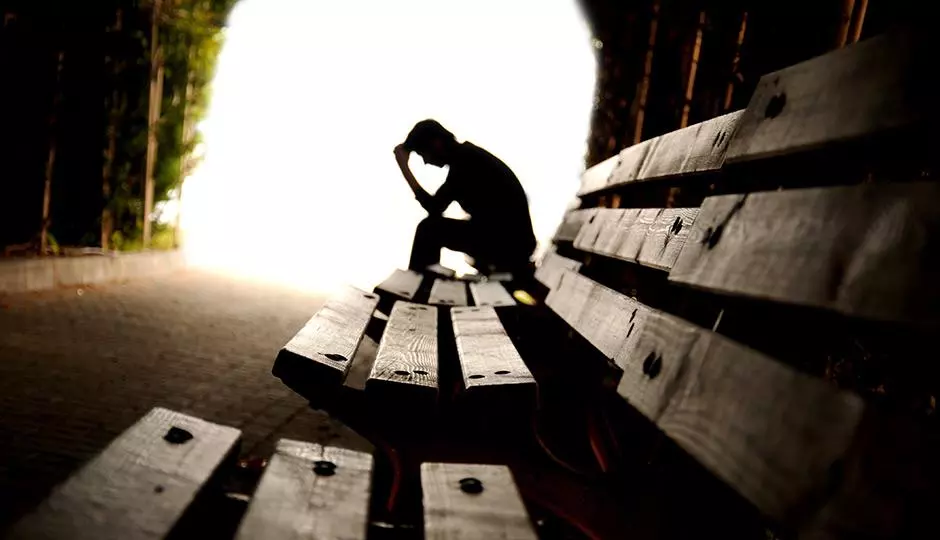Testosterone and hair loss have a complicated relationship. A common belief is that men go bald because of high testosterone levels. So, it's only logical that the testosterone hormone must also be the culprit behind female hair loss. However, while there is a connection, testosterone does not directly cause hair loss.
Often considered a male issue, female pattern baldness affects an estimated 30 million women in the United States. Female pattern baldness is usually quite different from male pattern baldness.
Men typically experience a receding hairline followed by hair loss on the top of the head, sometimes leading to total baldness. Women rarely experience total baldness but typically experience increased shedding, loss of density, volume, and overall thinning.
Androgenic alopecia is caused by various factors, but primarily genetics and hormones. Since there are many causes of hair loss, it's vital to consult with a hair specialist to determine the exact cause of your hair loss condition and the best treatment options.
Testosterone, DHT, and Hair Loss
Testosterone is a hormone produced by the reproductive organs, the testicles in males and the ovaries in females. While testosterone is predominantly a male hormone, it is also produced by females. Testosterone is responsible for developing masculine traits such as facial hair, a deeper voice, and muscle and bone mass in men. In women, the hormone is kept mostly dormant by the female hormone estrogen.
In your body, an enzyme called 5-alpha-reductase converts testosterone into an androgen called dihydrotestosterone or DHT. Research suggests that the real culprit behind hair loss is not testosterone but its derivative, DHT.
DHT and Female Hair Loss
While testosterone and DHT levels in women are much lower than in men, there is enough to lead to hair loss. Your body maintains hormone levels in a delicate balance to keep bodily functions running smoothly. Your hormones not only perform specific functions but also work to keep each other in balance.
Menopause is a natural part of aging that is associated with hormonal changes, most notably a decrease in estrogen production, one of the hormones responsible for ovulation and menstruation. When the ovaries stop producing enough estrogen, testosterone, and DHT levels may remain the same, but because of the lack of estrogen, they have a greater effect on your body.
When DHT is left unchecked by estrogen, it binds to receptor cells in your hair follicles and attacks them, beginning a process of miniaturization. As the hair follicles shrink, your hair's natural growth cycle also shortens.
The result is that your hair grows out thinner, more brittle, and falls out faster with each successive hair cycle. This miniaturization process can cause a loss of volume and coverage in the affected area. Eventually, DHT can cause enough damage to your hair follicles that it becomes impossible for them to produce hair.
Treating Hair Loss in Women
Determining the exact cause of a hair loss condition is the first step to finding an effective solution, and this is especially true when treating female hair loss. While in some cases, high testosterone levels cause an increase in DHT, in other cases, fluctuations of other hormone levels can create an imbalance that enables the DHT in your body to attack and damage your hair follicles.
Many factors can cause hair loss, and only after determining the cause and any underlying factors can a solution be identified. At LH Hair, we have extensive experience in successfully treating hair loss for thousands of women. Whether your hair loss is related to hormones or has another cause, our team can help. To learn more about the connection between testosterone and hair loss in women, contact us today and schedule your FREE initial consultation.



